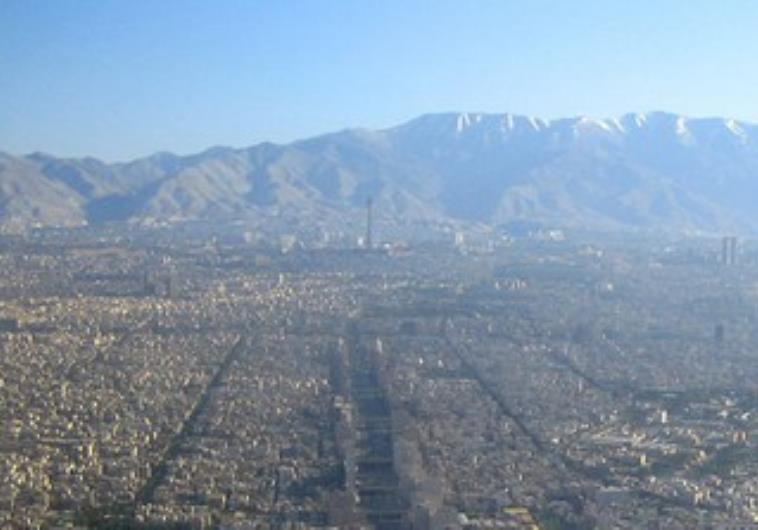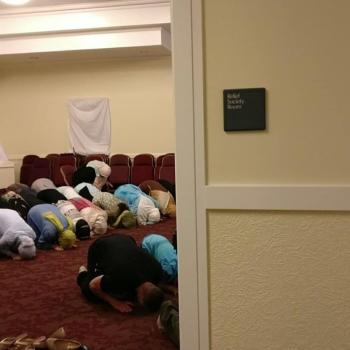
(Wikimedia Commons public domain image)
Regarding relatively sophisticated contemporary Muslims in the Middle East:
They often know much more about the West than we know about them—even if much of what they know isn’t true.[1] The image projected of the West is not always a good one. For example, the West is seen as rich but shallow, dazzling but corrupt. And we cannot always blame others for this. Much of the time, it is the West itself that creates this image. To sit in a vast Cairo movie palace—like the old theaters in the United States—and to watch an American film amidst a sea of Egyptians is to become acutely aware of that image. It is rather like bringing an investigator or a nonmember friend to a sacrament meeting. You become painfully aware of all the strange people in your ward, of all their odd turns of speech, and of the strange themes that sometimes emerge in gospel doctrine class. (The main speaker is likely to take as his major subject—as one in fact did, in my experience—the resurrection of insects.) Censored though they often are, these films portray a glitzy world of staggering amorality. I think that much of the disrespectful treatment that many American women claim to receive in Arab countries when walking down the street can be laid at the doorstep of American movie producers, who have told the world everything that it thinks it needs to know about American women. What is more—and worse—is that the image is not altogether false. Many of the criticisms that Muslims make of the West find their echoes in April and October from the pulpit of the Conference Center in Salt Lake City.
The West’s image is one that many Muslims find simultaneously attractive and repulsive. They feel themselves being seduced, and they hate it—and sometimes hate themselves—for that fact. Thus, they lash out in anger at something that threatens them and their traditional way of life by reason of its very attractiveness. Occasionally, the French culture minister will likewise assail the United States, furious that his own countrymen often seem to prefer American movies and television shows and fast foods and commercial products to their French equivalents. (One wit has called this sort of thing Coca-Colonization.) This is a much less violent reaction—but still very like the one that we often encounter among Muslims.
[1] An Iranian friend of mine, returning to Tehran to visit her family, was amused by the things that people there “knew” about life in the United States. “Aren’t you embarrassed,” her niece asked her, “to walk around the streets naked all the time?”












